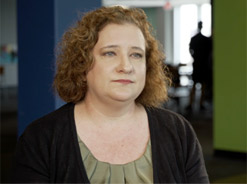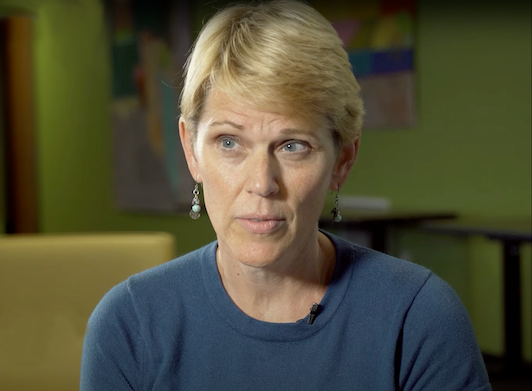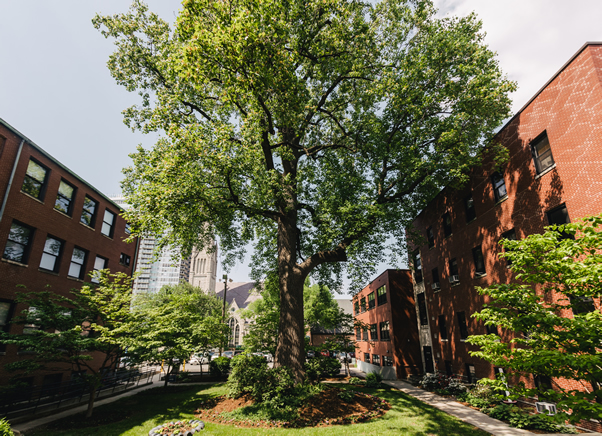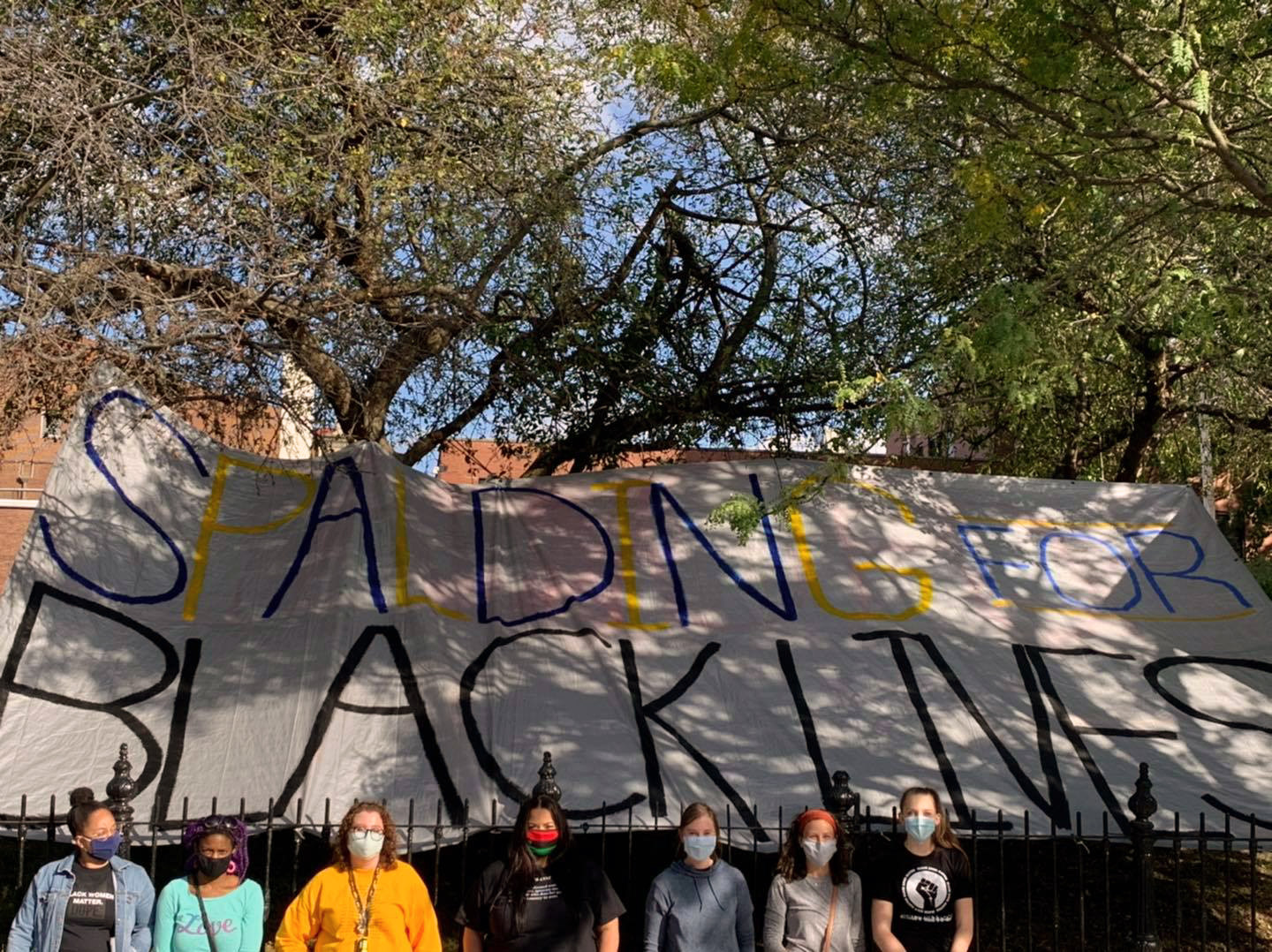Explore our PsyD Program
Discover our Inclusive, Mission-Driven Model
We’re a socially-conscious APA accredited PsyD program in clinical psychology with history, heart, top-notch training opportunities, and a mission to be scholars and agents of change. As one of the oldest PsyD programs in the country, we remain relevant with our mission-driven focus to serve the underserved, promote inclusivity and meet the needs of our society. At Spalding, you’ll receive excellent training from a faculty of practitioners who are actively making a difference in their communities. You’ll be given the space to cultivate your own interests and begin making your mark on the world. Plus, you’ll find that our practicum placements and stellar internship match rate (100% for the past 10 years!) reflect the quality of our doctoral candidates.


Training
“Our students say, ‘we would stand our training up against any program in the country.'” – Dr. Brenda Nash, Chair
Faculty
“[Our faculty] truly care about the students, professionally and personally […]” – Dr. Norah Chapman, Associate Chair



Social Justice
“The most amazing thing about Spalding is that we are truly a diverse community of learners […]” – Dr. DeDe Wohlfarth, Full Professor

Making Your PsyD Affordable

In recent years, PsyD students have collectively received annually about $200,000 in practicum stipends and $360,000 in tuition remission as graduate assistants. Approximately 50% of our students receive some form of financial assistance outside of student loans.
It’s important to us that your education is an affordable investment, not a financial burden. That’s why we work to find and share opportunities for offsetting the cost of a doctoral degree — from graduate assistantships and financial aid to grant funding, paid teaching and work opportunities.
PsyD graduate Autumn Truss worked as a graduate assistant throughout her time at Spalding. One of the reasons that she chose Spalding was because of the available financial aid.
“I was impressed by the quality of Spalding’s program, but not having to worry about finances on top of everything else was a bonus,” says Truss. “Many of the other PsyD programs that I considered didn’t have graduate assistantships to help cover the cost. In that way, Spalding’s program is more like a PhD program. I’ll be able to earn my doctorate with less debt.”
In addition to the opportunity to serve as a graduate assistant on campus, advanced students can also work in the field off-campus. Since our doctoral program is in a state that allows for master’s level licensure, students with their master’s degree can teach at several local universities, including Spalding’s undergraduate program, or work part-time as master’s level clinicians in hospitals, community mental health settings, residential treatment facilities, private practices and college counseling centers. All of these opportunities enhance students’ learning in the classroom and make the investment in doctoral education more affordable.
Living in Louisville
PsyD candidates from all over the US and several other countries choose to earn their doctorate here. Boasting a thriving arts scene amidst renowned parks and natural surroundings, Louisville is also one of the most rich dining and cultural destinations in the Midwest.
PsyD alumnus Ashley McDuffee, BA, moved to Louisville–the largest city that she has lived in–from a small town in upstate New York. She finds Louisville’s many small neighborhoods and communities appealing.
“I quickly found pockets of Louisville that reflected my interests and tastes (literally, the food is so good!) and it now feels like my home,” McDuffee says. “Since moving here I’ve gone on Indiana wine tours, sipped Kentucky bourbon, joined the coolest co-ed soccer team, discovered my love of running through Cherokee Park neighborhoods and attended the Kentucky Derby.”

Committed to Our Mission and Anti-racism

Our Mission
“The SOPP is a diverse community of learners dedicated to training students to reach their fullest potential as scholars and change agents to promote thriving people, healthy communities, and socially just systems.”
Anti-racism Statement
“As psychologists, psychology faculty, psychologists in training, and psychology students, we affirm our awareness of the long-lasting effects of racial trauma, including post-traumatic stress, anxiety, depression, and despair created by daily and systemic racism. We recognize the long, indelible history of racism in our country, and we commit to helping to dismantle and change systems that perpetuate racist beliefs, policies, and practices – in our government and institutions, in our community, in our profession, in our university, and in our program. We also recognize that it is impossible to be fully anti-racist and not also challenge other forms of oppression that intersect with race, including but not limited to sex, gender, sexual orientation, gender identity, appearance, ability, SES, age, and religion. We affirm the dignity, humanity, and the importance of psychological wellbeing in all people, and explicitly of BIPOC members of our community who are so often excluded or minimized in statements about all people. As faculty, we commit to ensuring a climate where our students can achieve their fullest potential and thrive, and to creating culturally informed and culturally responsive classes. And in order to achieve the above, we commit to engaging in the personal work of becoming ever more anti-racist as individuals, and to holding each other accountable for doing the same.”